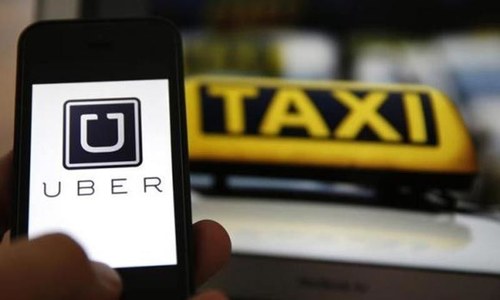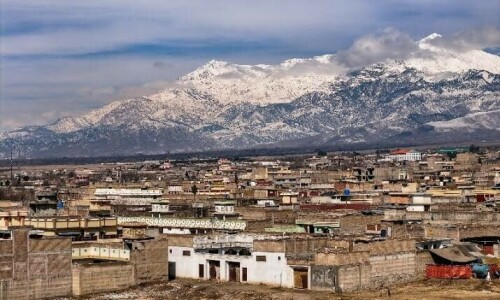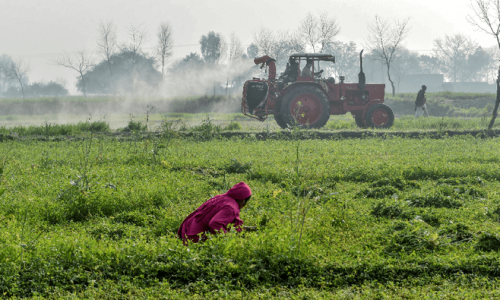The Pakistani bureaucracy has an undeniable knack for adding to people’s problems and hindering solutions.
A recent example of this has been seen in the actions the Punjab and Sindh administrations have taken against popular ride-sharing companies such as Uber and Careem.
As it emerged on Tuesday, the Punjab government announced that the services were ‘illegal’; the Sindh administration, on the other hand, said that while it didn’t want to ban the app-based companies, they had to operate “under the ambit of law”.
Some of the justifications given for the actions were difficult to believe. For example, the Punjab Transport Authority said the vehicles were operating without fitness certificates and route permits and that the “drivers ... are not cleared by the security authorities”.
Are we to assume, then, that all mass transit vehicles currently operating in the country are in perfect shape, and that all drivers of these vehicles — from Karachi to Gilgit — have perfect safety records and security clearance? The rash driving by operators of mass transit vehicles on Pakistan’s roads, and the many needless deaths caused by such recklessness every year, confirm the fact that the opposite is, in fact, true.
While all firms operating in this country must abide by the relevant regulations, vague reasons and legal lacunae must not be used by the bureaucracy to prevent ride-sharing apps from doing business.
In a country where public transport options are inadequate, these services are offering commuters a viable option. For example, while Punjab has taken steps to introduce better public transport options — in Lahore, in Rawalpindi and now in Multan — with metro buses and metro trains, Karachi still has many miles to go.
Meters have disappeared from rickshaws in the metropolis, while buses are too few, uncomfortable and unsafe.
Both the Punjab and Sindh governments should allow ride-sharing services to operate legally without harassment, while in the long term, efforts are needed to provide safe and affordable public transport options for commuters in all of the country’s major metropolitan areas.
Published in Dawn February 2nd, 2017












































